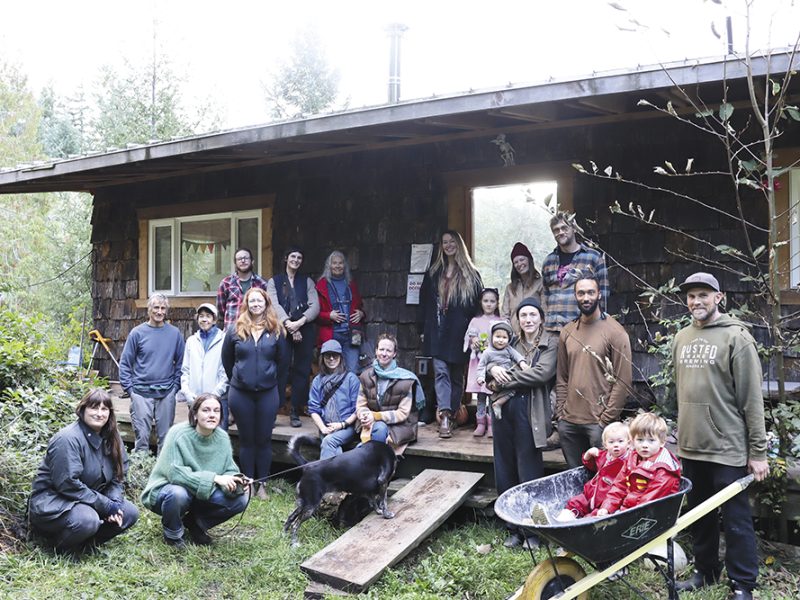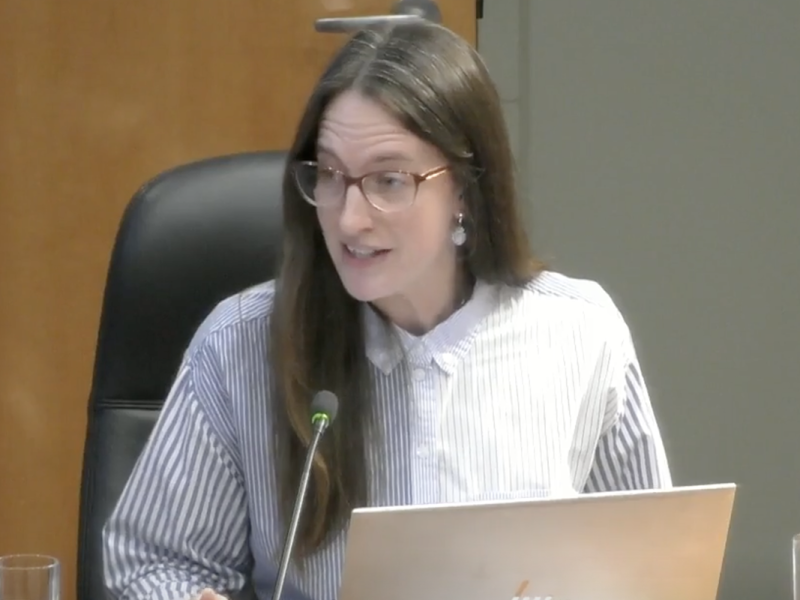
After a year-long investigation, the B.C. Utilities Commission (BCUC) has concluded that Wyse Meter Solutions — a private company that meters and charges Nanaimo renters directly for water — meets the definition of a public utility, and must be regulated as such.
Submetering is the practice of dividing up and metering bulk services in a residential building by installing meters to measure how much each unit uses and then charging each tenant accordingly. These charges are usually managed by a third-party company (like Wyse).
On June 28, the BCUC directed Wyse to file an application within 60 days to seek “all required regulatory approvals for its rates, electric tariff, general terms and conditions and operating system.”
Though the BCUC’s investigation centred on Wyse’s submetering of B.C. renters’ electricity, the investigation has put the topic on the public radar and has potential applications for how submetering is generally regulated within the province.
Some residents have expressed concern around issues such as inflated charges and service costs, and transparency and accuracy in billing and services provided, The Discourse previously found.
Read more: Tenants confused by water submetering charges
For industry proponents, submetering services benefit landlords and tenants by ensuring renters in multi-unit buildings only pay for the energy and water they use. However, this industry has been largely unregulated in the province. Wyse’s services appear to be increasingly common with corporate landlords such as Starlight Investment and Skyline Apartment REIT, both real estate investment trusts.
Last August, Chhotubhai (Joe) Patel wrote a letter to the BCUC about the electricity bills at his Skyline-owned apartment in Vernon, B.C. that was included as an exhibit in the investigation.
For his two-bedroom unit — where he lives alone — Patel says his electricity bill from Wyse ranges from $175 to $200 per month, whereas by comparison, the electricity costs at the busy samosa shop he runs is $400 to $600 every two months, which he pays directly to BC Hydro.
“That is ridiculous. I’m never home, I’ve got nothing running. The only time I go home is to go to bed, because I’ve got a new startup business so I’m in the shop all day from 9 o’clock in the morning till 10 o’clock at night. I go home, eat and go to sleep,” he says. “I can’t even afford to move out, because my two bedroom — I can’t even get a one bedroom for that price anymore.”
Patel says he tried to address his concerns with Wyse, but when his calls were diverted through Ontario and the U.S., he eventually decided to just file a complaint through the BCUC.
While some involved in the case welcome the BCUC ruling, it remains uncertain what this means for the practice of submetering by Wyse or other companies.
“I’m very pleased by this decision – this is a victory for everyone whose landlord or developer contracts with a submetering company like Wyse. Unfortunately, the BCUC can’t address the concerns of those who Wyse is charging for water, sewage, garbage, etc. because it doesn’t have the jurisdiction to regulate those services,” says Leigha Worth, executive director and general counsel for the BC Public Interest Advocacy Centre (BCPIAC), via email. Worth provided legal representation for residential energy rate-payers as intervenors in the investigation.
As a public utility, in addition to seeking all regulatory approvals, Wyse will have to submit to the BCUC the rates currently being charged to customers within 30 days, and any differences between those rates and the eventual permanent rates approved by the BCUC will be refundable, with interest. Wyse is also directed to provide a copy of this order to all of their customers within 15 days.
“I don’t think that they will leave it there,” says Worth.“I fully expect Wyse will file an appeal. If they do, BCPIAC will be there pushing back, because submetering electricity is not in customers’ best interest.”
During BCUC’s investigation, Wyse reported it has been delivering services in B.C. since 2016 and has worked with BC Hydro to understand and follow rules and regulations related to billing. Wyse did not respond to a request for comment on the ruling by the time of publication.
When the investigation concluded in March, The Discourse reached a spokesperson for the BCUC who confirmed via email that “we cannot speculate as to whether our final decision will, in any way, impact water submetering or other areas of their business.”
Read more: Utility commission launches investigation into submetering company
Though Patel understands that the BCUC will now regulate Wyse as a public utility, he is uncertain how that will play out. With Wyse’s submetering units installed throughout the complex, he is forced to access electricity from this company.
“We should have the same options as with cable, where you can go with Shaw or you can go with Rogers,” he says. “I don’t have a choice. Why don’t I have a choice? That’s my big issue.”



